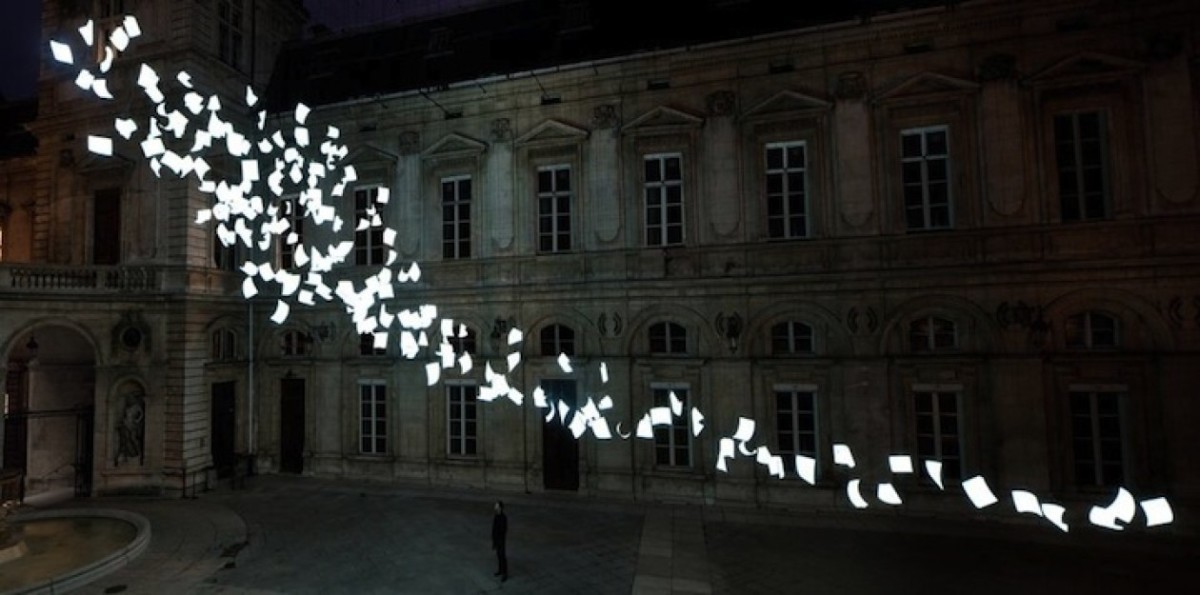
I’m always looking for ways to encourage my students to dig into the literature that they are reading, to hone their interpretive skills and through doing that, discover new and interesting meanings. This post is a riff off of a previous post on the art of the Cento poem. It’s also prompted by some recent tweets I have seen of teachers lamenting that they aren’t able to keep up with the music that their students are listening to.
Quick refresher: The Cento is a form of poetry where the poet takes lines from other poems or other kinds of text and collages them together to create a new poem. It’s a mash-up of sorts. Check out my post on the Cento here for more information and ideas for how to do it with your students. Here’s a great article from the New York Times on the art of the mash up as well.
The act of constructing a Cento is a clever way to encourage your students to have fresh eyes on the texts that they are reading. Like everything, you want to introduce the idea in a way that will ignite your students. What better way than to have them dissect and mess around with the music that they are currently listening to? Have your students choose a musician that they love. Of course, you may need to put some restrictions on this, based on the content of the music. Rather than banning a musician all together, I recommend putting the responsibility on your students to choose lyrics that they use for this text which are appropriate for the audience. I recognize that this is also grade dependent as well. Have them hop around the different songs, picking up different words and phrases and writing them down. Check out my Radio writing warm up for ways to coach your students on how to do this. When capturing words and phrases, emphasize that repetition is fine. Encourage them to fill a page. Then, once they have a page or so down of words and phrases that they picked up from the different songs, have them play around with placement. Each word or phrase is its own line. These lines can be moved around to create new, surprising, or interesting meanings. Push them to see if they can find a story buried in these different lines. And that story should be very different from the original intention of the song or songs. For early elementary, try this as a whole group where you are the one skipping around to different songs, capturing words and phrases, and writing them up on board for the class to see. From there, you can support the whole class manipulating the lines to find new meanings. See my post on playing Tzara’s Hat with kindergartners for inspiration.
This is a fantastic way to illuminate new ways of understanding the songs. One thing that you could do is have your students type up their music Centos and then post them online in this current pandemic learning world. Create an online gallery of sorts of these poems. Have your students look at the poems and comment on them. Then, break up into small groups to talk about what the Cento helped them see in the music that they listen to every day. What’s new? What’s surprising? What’s disturbing? What questions does it make you ask? These are all essential questions to ask when interpreting a piece of literature.
Another interesting extension could be to have your students, and you of course, create meta-Centos by mashing up multiple Centos from different students into one larger, uber-Cento. Another great way to get your students to think strategically about what lines from different Centos may work together in surprising ways. A great divergent and convergent learning activity.
One final extension could be to have your students illustrate their Cento. This would be a way for them to see visually how manipulating the lyrics opens up all kinds of new interpretations.
An interpretive mind is a flexible mind. The Cento helps your students develop the understanding that texts are malleable. They aren’t fixed. What you will see happen, if you play this writing game with your students regularly, is that they will develop a new found freedom for finding meaning in what they read because they will understand that meaning is something that they make not something that is given to them.
